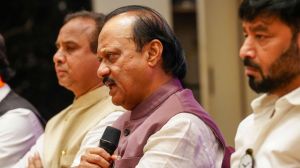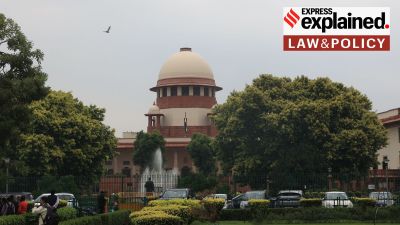Stay updated with the latest - Click here to follow us on Instagram
State,Microsoft pact runs into trouble
Soon after Microsoft tied up with the state government to enhance information and communication technology adoption in schools and build the employability readiness skills for the future workforce in the state,the pact has run into a controversy.
Soon after Microsoft tied up with the state government to enhance information and communication technology adoption in schools and build the employability readiness skills for the future workforce in the state,the pact has run into a controversy.
Dr Nagarjuna,president of Free Software Foundation of India and a reader at the Tata Institute of Fundamental Research (TIFR),in a letter written to Chief Minister Ashok Chavan and State Education Minister Radhakrishna Vikhe Patil has pointed out that in such MoUs,the government had no role in curriculum design and that Microsoft would be promoting its proprietary technologies especially when Free and Open Source Software (FOSS) alternatives exist.
Dr Nagarjuna in his letter said that he wanted to know if the curriculum being covered at these academies cover products other than those owned by Microsoft Corporation and include Open Office,Fire Fox and the scope of expense coverage by MS and the government. He further said that with FOSS,teachers could be free to make copies and distribute them to prevent being compelled to spend considerable amounts procuring proprietary software.
Foss can be modified by anyone instead of being forced to go through only vendor. India is an educated country and we can make our own curriculum. The world is doing a mistake and hence there is need for academicians to correct. We need neutral scientific concepts and dont need to deal with specific brand, said Nagarjuna.
He said that the state could learn from Kerala which was one of the best examples in the world using FOSS for education along with other states like Gujarat,Assam,Orissa. An education department official said,I cannot comment on the matter at present. A meeting has been scheduled for Wednesday and we will see what comes out of it.
At a press conference on August 18,Rajan Anandan,managing director,Microsoft India Pvt Ltd. had said that the Memorandum of Understanding (MoU) with the state would include expanding capacity among educators at school cluster level,training around 6000 educators who would train others in their respective cluster,building and connecting communities through Live@Edu initiative for all teachers and students,building IT readiness among youth through DreamSpark- MS developer software tool access for around 50,000 students.







